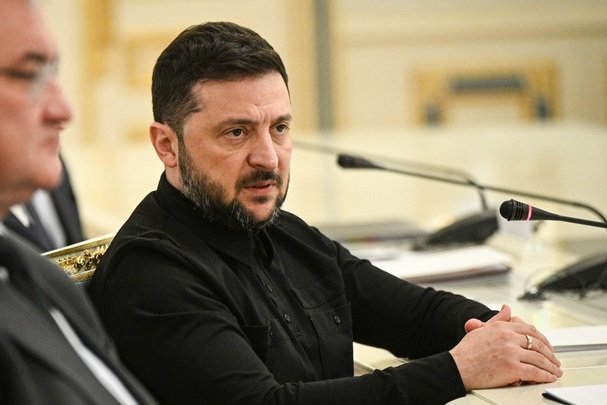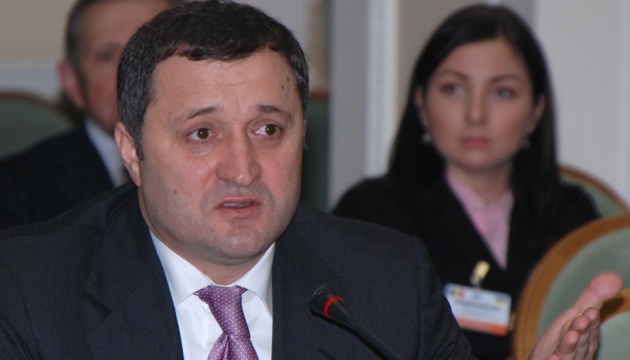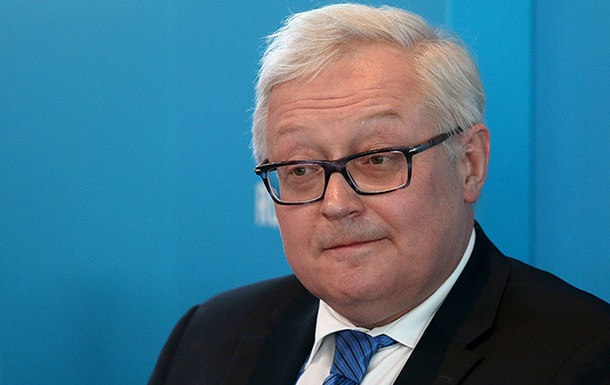Решившись на трансплантацию при облысении, стоит найти врача, который сможет выполнить сложную и кропотливую работу. Операторы медицинского туризма предлагают сделать пересадку волос в Турции. Эта страна занимает первое место по выполнению таких операций. Может похвастаться наличием первоклассных специалистов. Доктора применяют самые современные методы пересадки, используя новейшее оборудование. В большинстве случаев после операции наблюдается положительный результат.
Что представляет собой процедура
Суть процедуры заключается в извлечении донорского материала и вживлении его в область трансплантации. Волосяные фолликулы чаще берут из затылочной части головы, т. к. в этой области они менее чувствительны к влиянию мужских половых гормонов. Это важный фактор, который учитывают при пересадке волос для устранения последствий андрогенной алопеции (облысение).
В результате проведения трансплантации пациент получает:
- высокую густоту;
- максимально натуральный вид;
- рост волос под естественным углом;
- снижение процента их потери;
- быстрое восстановление после процедуры.
Чаще такими услугами пользуются, чтобы восстановить волосяной покров на голове. Но проводятся также операции, областями трансплантации для которых являются борода, зоны роста усов и бровей.
На что обратить внимание при выборе врача
Есть 3 типа специалистов, которые могут выполнить пересадку волос:
- Пластический хирург в медцентре. Пациент получает гарантии, но стоит учесть, что у такого врача иногда меньший опыт, чем у техников.
- Специалисты, не имеющие докторской степени и работающие под контролем пластического хирурга. Последний открывает каналы и рисует линию роста волос, а также контролирует процесс трансплантации. Клиника чаще всего отвечает за результат.
- Специалисты без докторской степени, выполняющие пересадку самостоятельно в частном кабинете. Стоимость работы низкая, по сравнению с другими вариантами, и в этом случае никто не гарантирует результат.
Чтобы операция была успешной, при выборе клиники стоит обратить внимание на наличие лицензий и квалификацию персонала. Специалисты, задействованные в проведении процедуры, должны иметь высшее медицинское образование, профильную подготовку по направлению «Трихология». Многолетний стаж в области трансплантации добавляет гарантию успешности процедуры.
Альтернативы пересадке волос
Алопеция – частое явление, поэтому люди, у которых ее диагностировали, пытаются скрыть проблему или ищут разные методы борьбы с ней. Среди них:
- Микропигментация – татуаж волос, кожи, тонирование волосяного покрова. В процессе используются профессиональные техники татуирования для закрашивания просветов. Они никаким образом не влияют на рост волос.
- Головные уборы и парики. Ими пользуются люди, у которых алопеция – это комплекс. Есть также цветные спреи, которыми маскируют зоны облысения.
- Косметические средства. Способствуют росту волос и предупреждают их выпадение. Чтобы результат был заметен, необходимо пользоваться ими постоянно.
- Лекарственные препараты, блокирующие действие гормонов, которые провоцируют выпадение волос. Их недостаток – средства придется принимать всю жизнь.
Эти методы не отличаются особой эффективностью. Пересадка – самый успешный и наиболее здоровый способ лечения облысения, обеспечивающий долгосрочный результат и естественный вид волосяного покрова.
Противопоказания при пересадке волос
Операцию можно делать только совершеннолетним. Специалисты не рекомендуют проводить ее до 25 лет, потому что не будет возможности определить масштабы облысения и область поражения в будущем.
Противопоказания к пересадке волос:
- проблемы свертываемости крови;
- непереносимость анестезии;
- психические расстройства – неконтролируемое желание вырывать у себя волосы, неприязненное отношение к своему телу, навязчивые мысли, фобии;
- онкологические заболевания;
- сахарный диабет (из-за высоких рисков проявления осложнений).
Относительными противопоказаниями, при которых можно делать операцию после согласования нюансов с доктором, являются обострение хронических заболеваний, дерматиты, гипертония. В этих случаях могут ограничить количество пересаживаемых волосяных луковиц. Невозможно выполнить процедуру при полном облысении. Недостаточная густота донорской области – это не препятствие для трансплантации, но рассчитывать на хорошие показатели после пересадки не стоит.


 4230
4230












